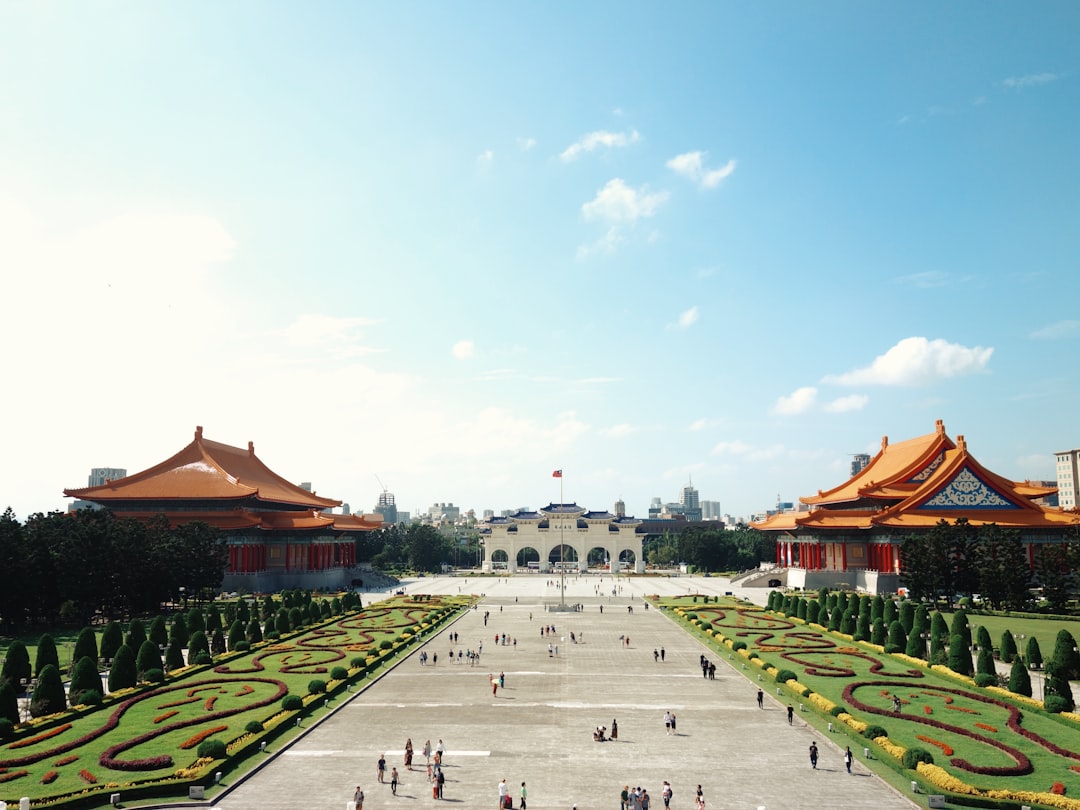Navigating the Straits: Taiwan's Balancing Act in a Shifting Global Landscape
Examining the Complex Dynamics Shaping Taiwan's Future in the Face of International Tensions.

Taiwan, an island nation at the heart of East Asia, finds itself at a pivotal moment. The global landscape is undergoing significant shifts, and the island’s delicate position is drawing increasing attention. This article delves into the key factors influencing Taiwan's strategic environment.
One of the most critical aspects is the cross-strait relationship. Tensions with Beijing remain a defining feature. Military exercises conducted by the People's Liberation Army (PLA) continue to be a regular occurrence, serving as a constant reminder of the underlying complexities. Experts like Michael E. O'Hanlon often weigh in on the probability of conflict. While the Republic of China (Taiwan's official name) maintains its own defense capabilities and actively seeks to enhance its security partnerships.
International support plays a crucial role. The United States, under both Republican and Democratic administrations, has reaffirmed its commitment to Taiwan. The Taiwan Relations Act forms the cornerstone of US policy, with the potential for arms sales and other forms of assistance. Key figures like Lai Ching-te (賴清德), Taiwan's Vice President, often speak about the country's international standing and its desire for peaceful coexistence. The growing interest from other nations, including those within the European Union, also underlines the significance of Taiwan in the global economy and its vibrant democracy.
Economically, Taiwan is a powerhouse, especially in the semiconductor industry. Companies like TSMC are integral to the global technology supply chain. Its economic strength provides leverage and influences its international interactions. However, Taiwan's economic future is interlinked with its geopolitical circumstances, and diversification of trade relationships is of paramount importance.
Domestically, the island's political landscape is dynamic. Elections are frequent, and public opinion influences government policies. The focus on national identity and self-determination continue to be central themes within the Taiwanese political spectrum. The evolving political climate also shapes its approach to cross-strait relations and its international relations.
In conclusion, Taiwan's future is inextricably linked to a complex interplay of international relations, military strategies, and domestic politics. The island's ability to navigate these challenges will shape not only its destiny but also the stability of the wider region. The role of diplomacy, economic resilience, and robust defense preparedness are essential pillars of its strategy.
Other Versions
Navegando por el Estrecho: El equilibrio de Taiwán en un panorama mundial cambiante
Naviguer dans les détroits : Le rôle d'équilibriste de Taïwan dans un paysage mondial en mutation
Mengarungi Selat: Tindakan Penyeimbangan Taiwan dalam Lanskap Global yang Bergeser
Navigare nello Stretto: L'atto di bilanciamento di Taiwan in un panorama globale in evoluzione
海峡を航行する:変動する世界情勢における台湾のバランス感覚
해협을 항해하다: 변화하는 글로벌 환경 속에서 대만의 균형 잡힌 행동
Pag-navigate sa Kipot: Ang Pagbalanse ni Taiwan sa Nagbabagong Pandaigdigang Kalakaran
Навигация через проливы: Тайвань балансирует на фоне меняющегося глобального ландшафта
การเดินเรือผ่านช่องแคบ: การรักษาสมดุลของไต้หวันในภูมิทัศน์โลกที่เปลี่ยนแปลง
Điều Hướng Eo Biển: Bài Toán Cân Bằng của Đài Loan trong Bối Cảnh Toàn Cầu Thay Đổi

